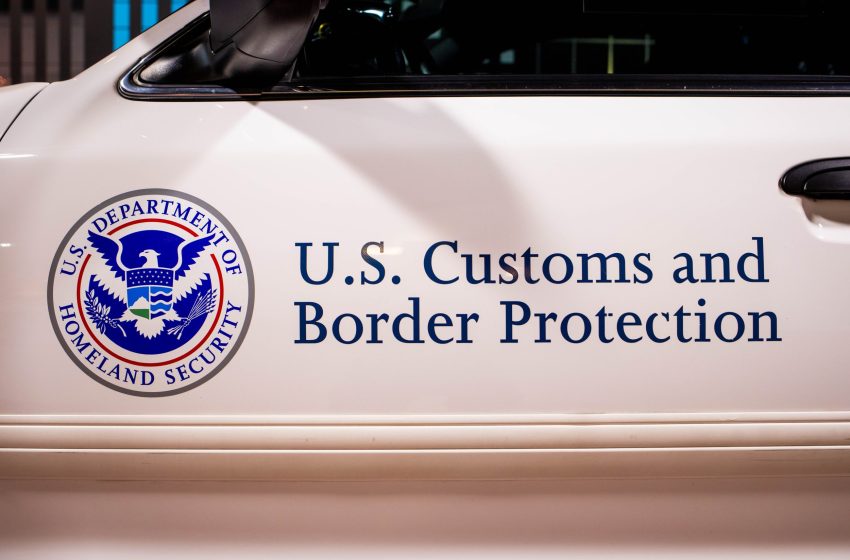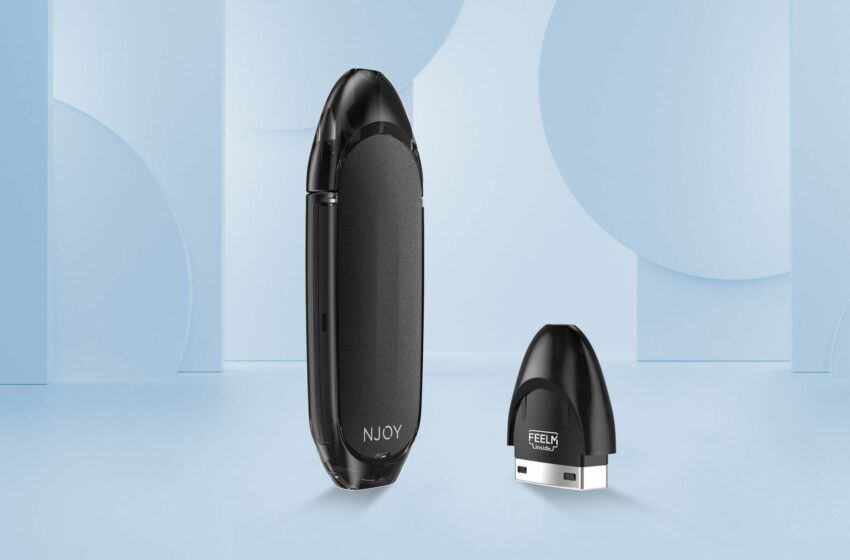The end of 'Chevron deference' doctrine could have ripple effects across the entire nicotine industry in the United States.Read More
Tags :FDA
The FDA is contesting a lower court ruling favoring two vaping firms' PMTA submissions.Read More
The requirements are expected to help decrease underage tobacco sales. Read More
While FDA menthol market authorizations are rightly seen as a victory, they may be pyrrhic.Read More
While FDA menthol market authorizations are rightly seen as a victory, they may be pyrrhic.Read More
While FDA menthol market authorizations are rightly seen as a victory, they may be pyrrhic.Read More
The requirement will help streamline the reviewing process of ENDS.Read More
The FDA’s first premarket approval of a mentholated vape product reflects poorly on the agency’s authorization process.Read More
The ruling may make it easier for companies to challenge FDA actions in court. Read More
The FDA's decision to authorize Njoy menthol products is a significant step forward.Read More









